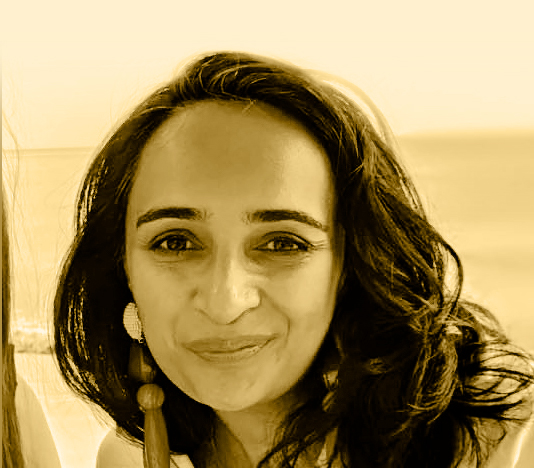Sujata Sheth ’97

For emergency room physician Sujata Sheth ’97, the coronavirus pandemic brought affirmation. Treating and saving the lives of hundreds of patients in one of Singapore’s busiest public hospitals, she says, has made her fall in love with being a doctor all over again.
Since February, when the first coronavirus case was diagnosed in the Southeast Asian nation where she’s lived for the past eight years, Dr. Sheth has not lost one patient. “Considering the devastation this virus has caused around the world, I feel very fortunate,” she explains from Changi General Hospital, one of the 10 public hospitals on the island.
Before COVID-19, Dr. Sheth remembers days practicing in the U.S. filled with prescription writing and treating “college students who got drunk and fell into dumpsters,” and asking herself, “Is this really why I went into the field of medicine?”
“It was not very rewarding,” the 41-year-old admits. “I feel that now I am really making a difference. I’m doing what I was trained to do.”
 For the past five months, Dr. Sheth has been working intense, 45-hour work weeks in a high-pressure ER environment fighting a virus that had killed more than 500,000 people worldwide by the end of June. In Singapore, a nation-state of 5.6 million people, there were 44,000 confirmed cases and 26 deaths as of July 1. “I’ve seen how this public institution with just enough resources has managed the pandemic really well,” she says.
For the past five months, Dr. Sheth has been working intense, 45-hour work weeks in a high-pressure ER environment fighting a virus that had killed more than 500,000 people worldwide by the end of June. In Singapore, a nation-state of 5.6 million people, there were 44,000 confirmed cases and 26 deaths as of July 1. “I’ve seen how this public institution with just enough resources has managed the pandemic really well,” she says.
Her biggest worry is bringing the virus home to her husband, two young daughters and 82-year-old father. Experiencing the precautions taken from the top down and the reaction of the citizens in her adoptive nation calms her. “The response here has been one of togetherness, not one country for just some,” she says. “I have had all the personal protective equipment I have needed. There is comfort in that safety.”
Dr. Sheth always thought she’d return to America when her daughters were teenagers, but now she’s decided to stay put, partly because of the positive way Singapore has handled the pandemic and also because she feels it is a safer place to raise her children. “It’s been difficult to see what is happening in America right now,” she says. She recalls when she was a student at the Academy she never walked downtown alone because she didn’t feel safe. Twenty years later, she says, she sees that only baby steps have been made toward racial equality.
Dr. Sheth’s success fighting the virus has been bittersweet. In fact, at times she confesses to feeling pangs of survivor’s guilt. She trained at the Elmhurst trauma center in Queens, New York, an area beset with the coronavirus. Hearing that colleagues there, including her mentor, did not have enough personal protective equipment was distressing. “It was devastating when some of my former colleagues asked me to help them source masks and to later learn that some were infected with the virus,” she said. “They are on the front lines in some of the hardest-hit places without all the personal protective equipment — at the most basic level, that is what was owed to them.”
She credits the soft skills she learned at the Academy for helping her weather the pandemic’s most difficult moments. “At Exeter you realize how resilient you are, that you can survive through the toughest challenge,” she says. “You learn self-value, that you can do something and even if it’s hard, you keep going and you come out healthy and strong.”
What else did the pandemic teach her? “I learned how to drive on the right side,” she says with a laugh.”